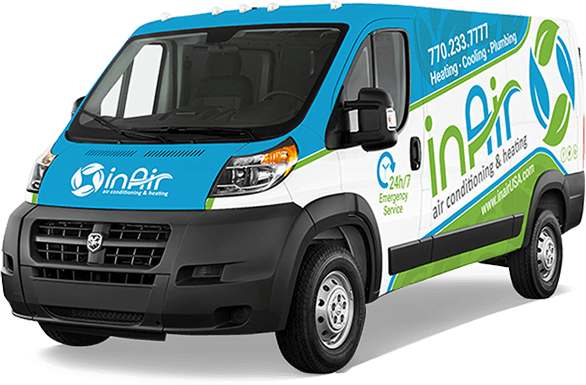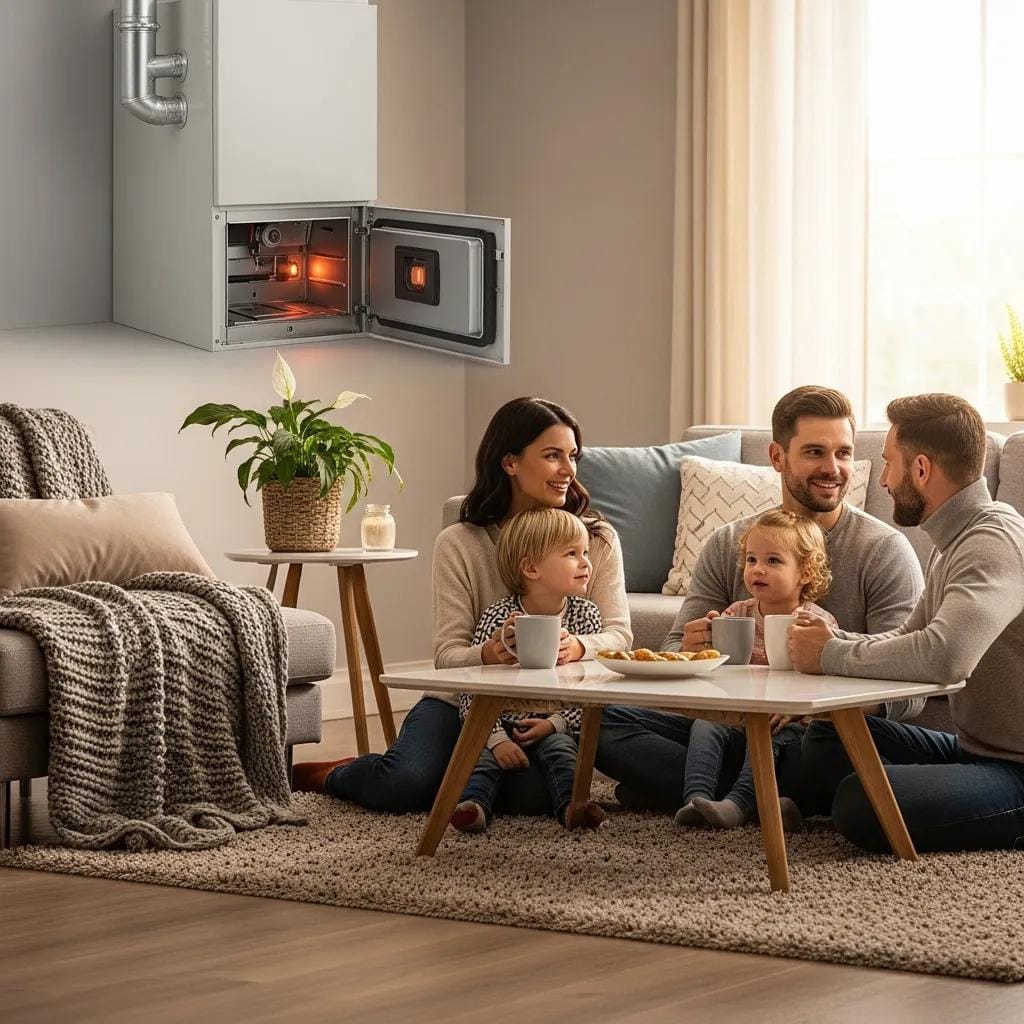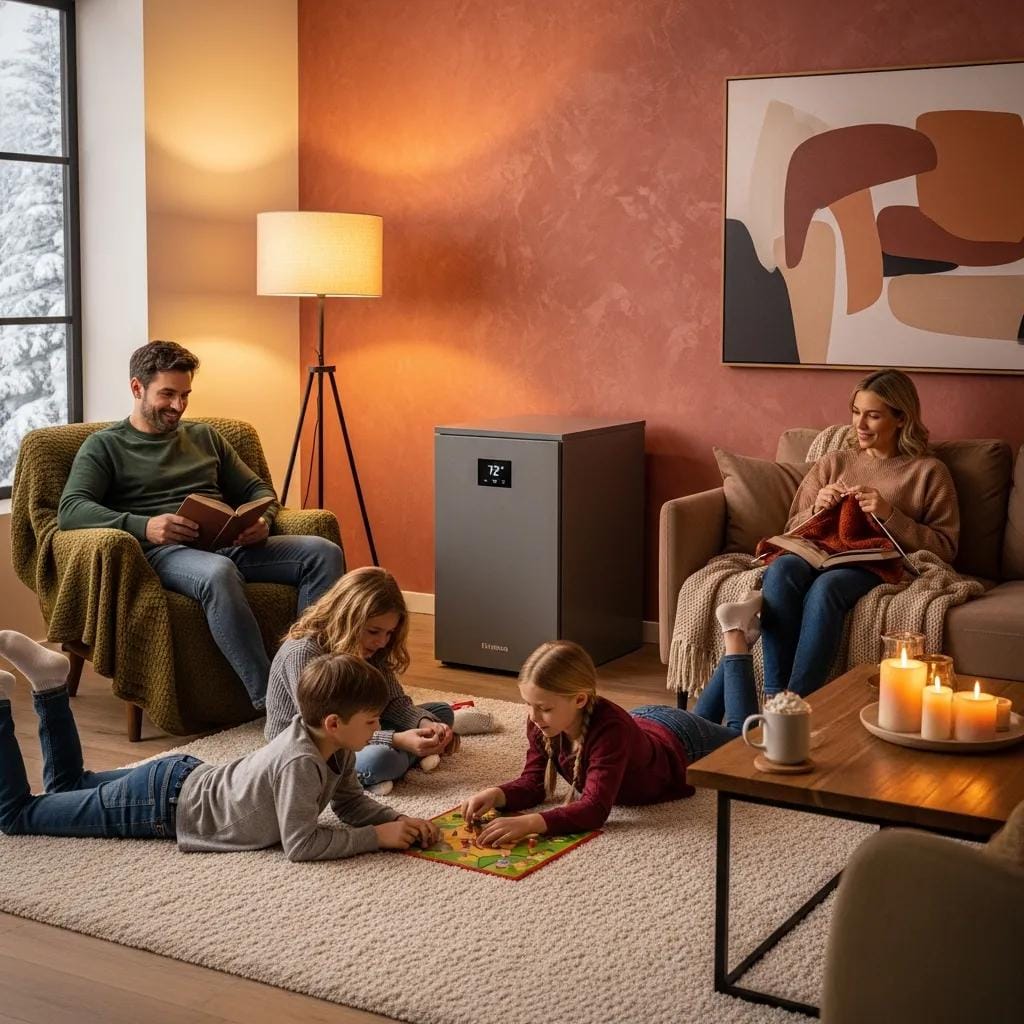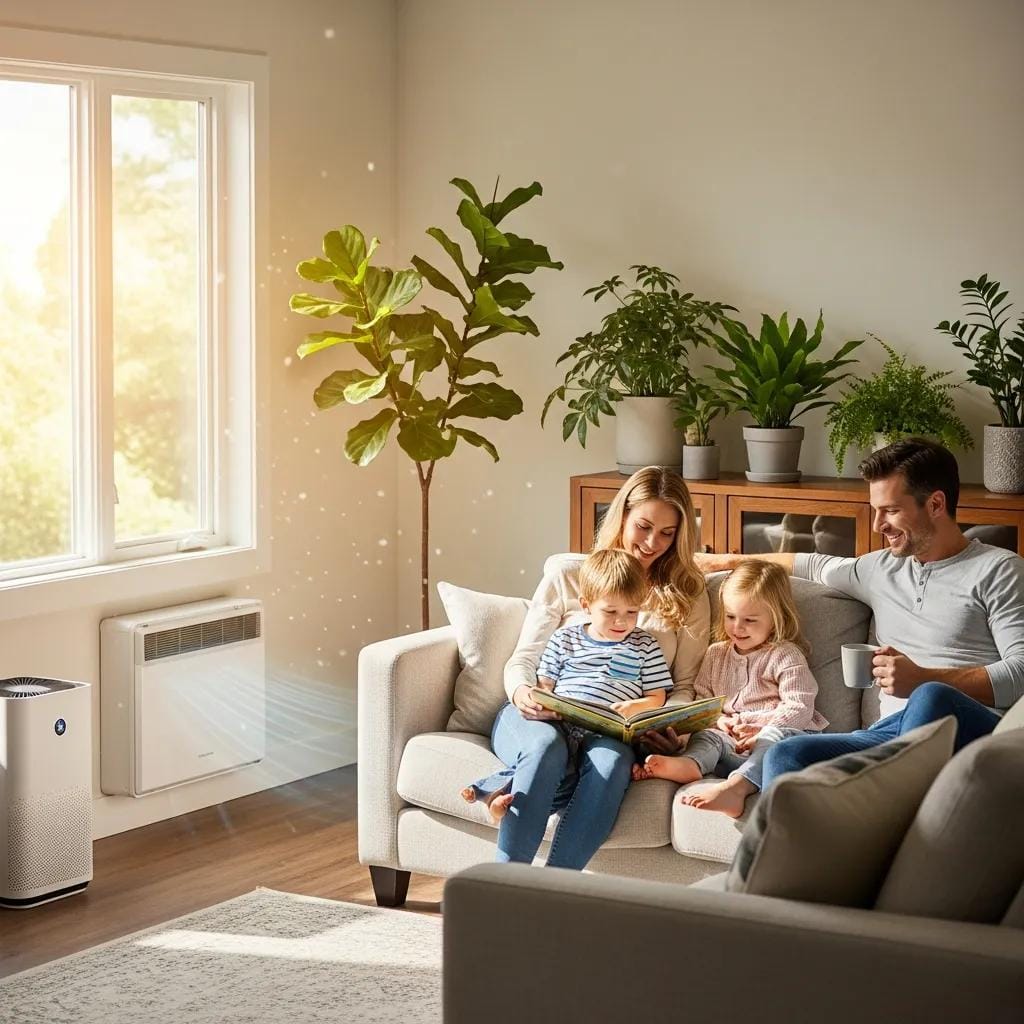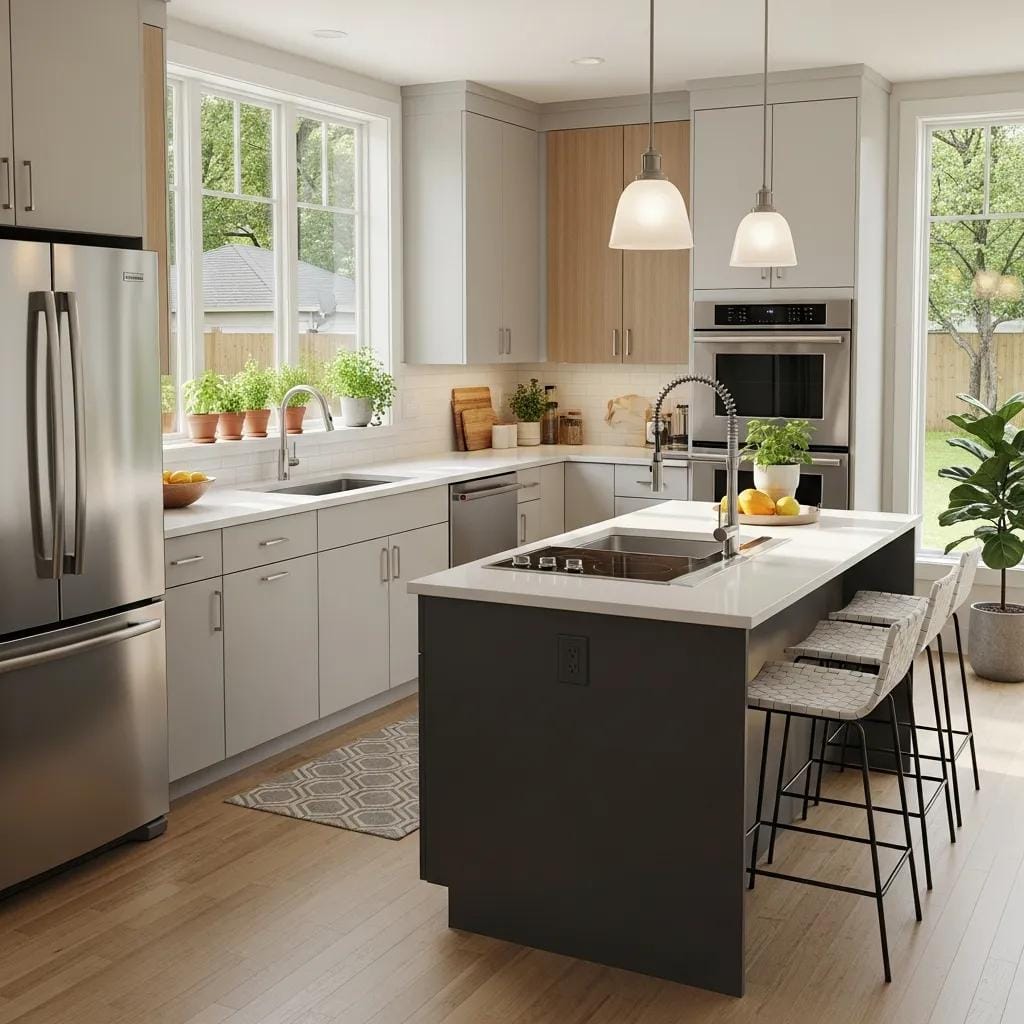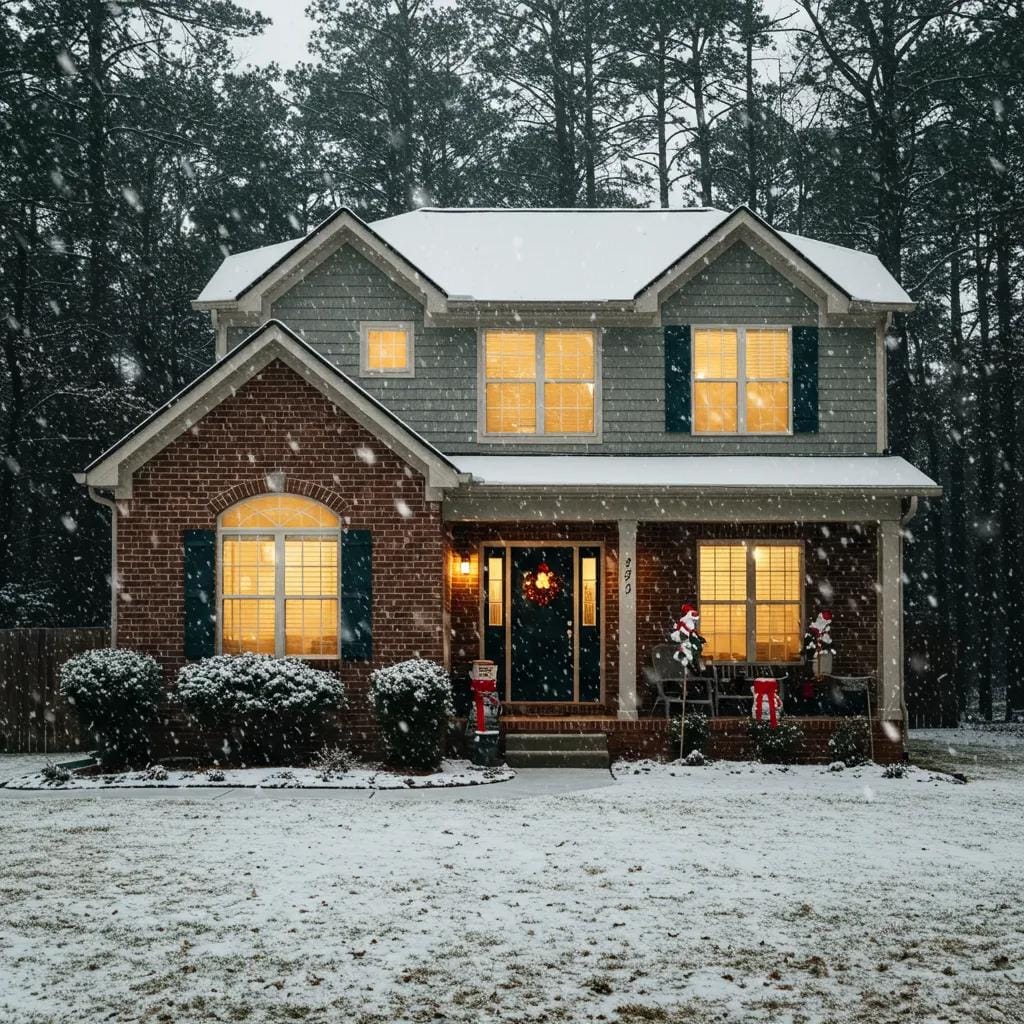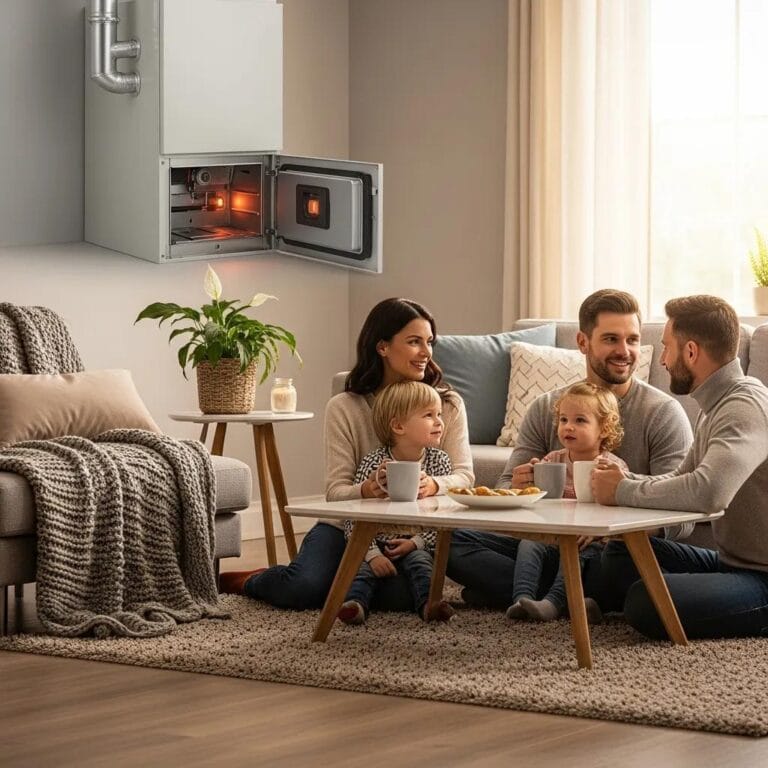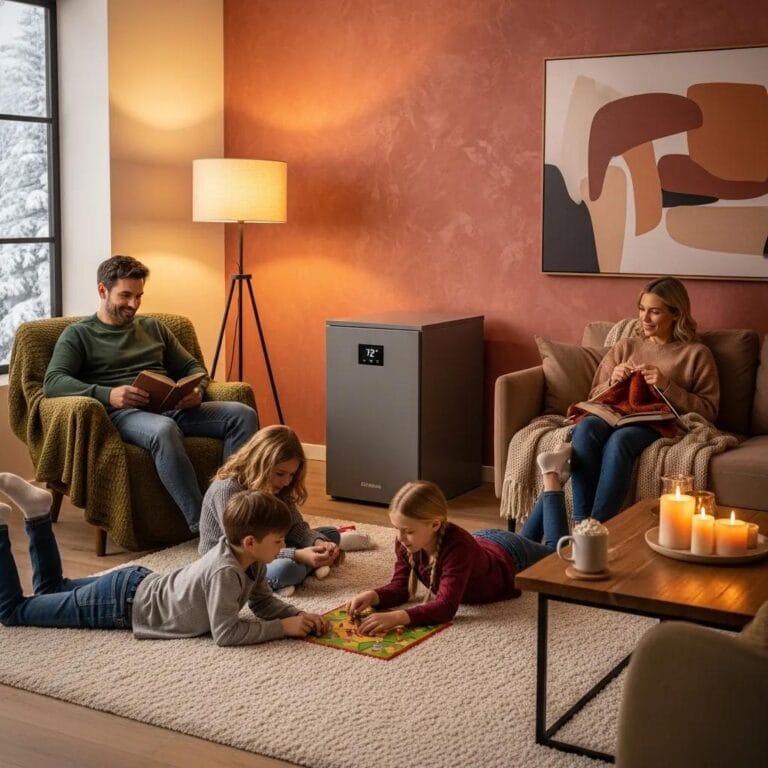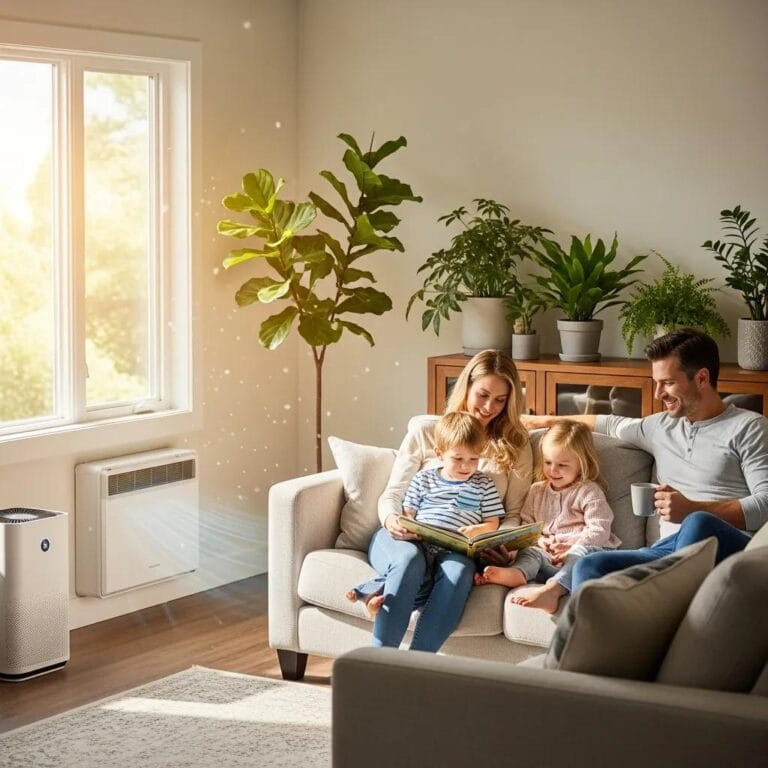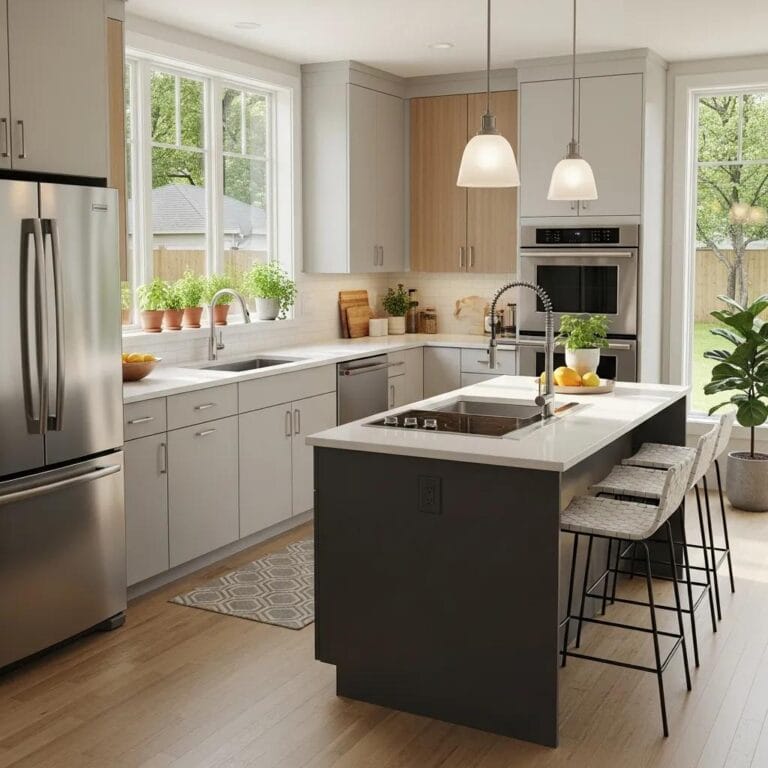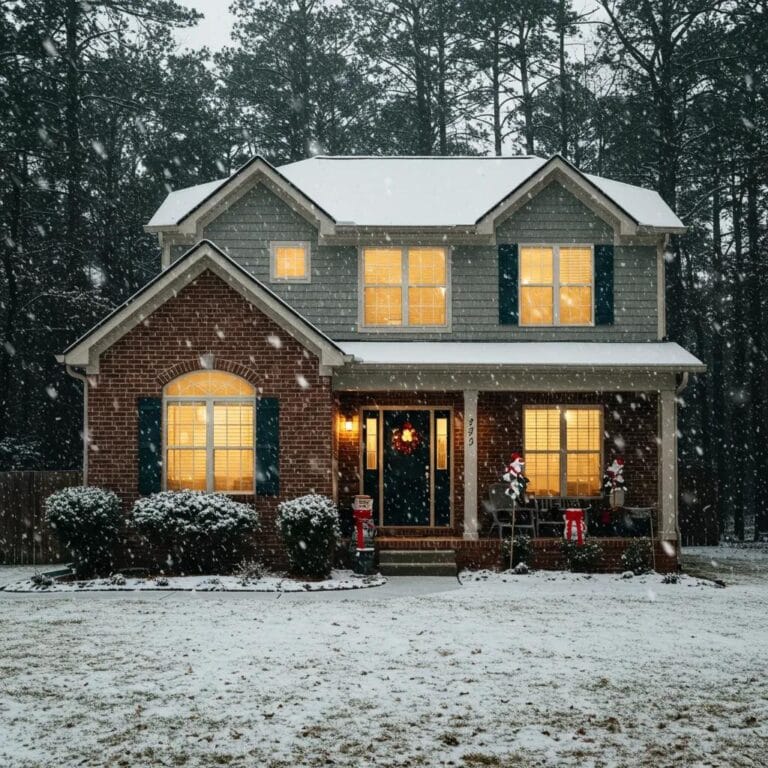In Atlanta’s climate, your HVAC installation timing isn’t just a matter of convenience—it can impact cost, availability, and the long-term performance of your new system. While summer’s heat often reveals an aging unit’s weaknesses, waiting until a breakdown during a heatwave can mean emergency premiums and rushed installations. Conversely, scheduling installation during milder shoulder seasons—like early fall or spring—often brings more flexible scheduling, potential off-season discounts, and a smoother process overall. In this guide, we’ll break down the pros and cons of each season for HVAC installation timing for your HVAC replacement in Atlanta, helping you plan a smarter upgrade that ensures comfort, value, and peace of mind.
HVAC Installation Timing: The Best Season to Save Money
Atlanta’s Best Seasons for Your Next HVAC Upgrade
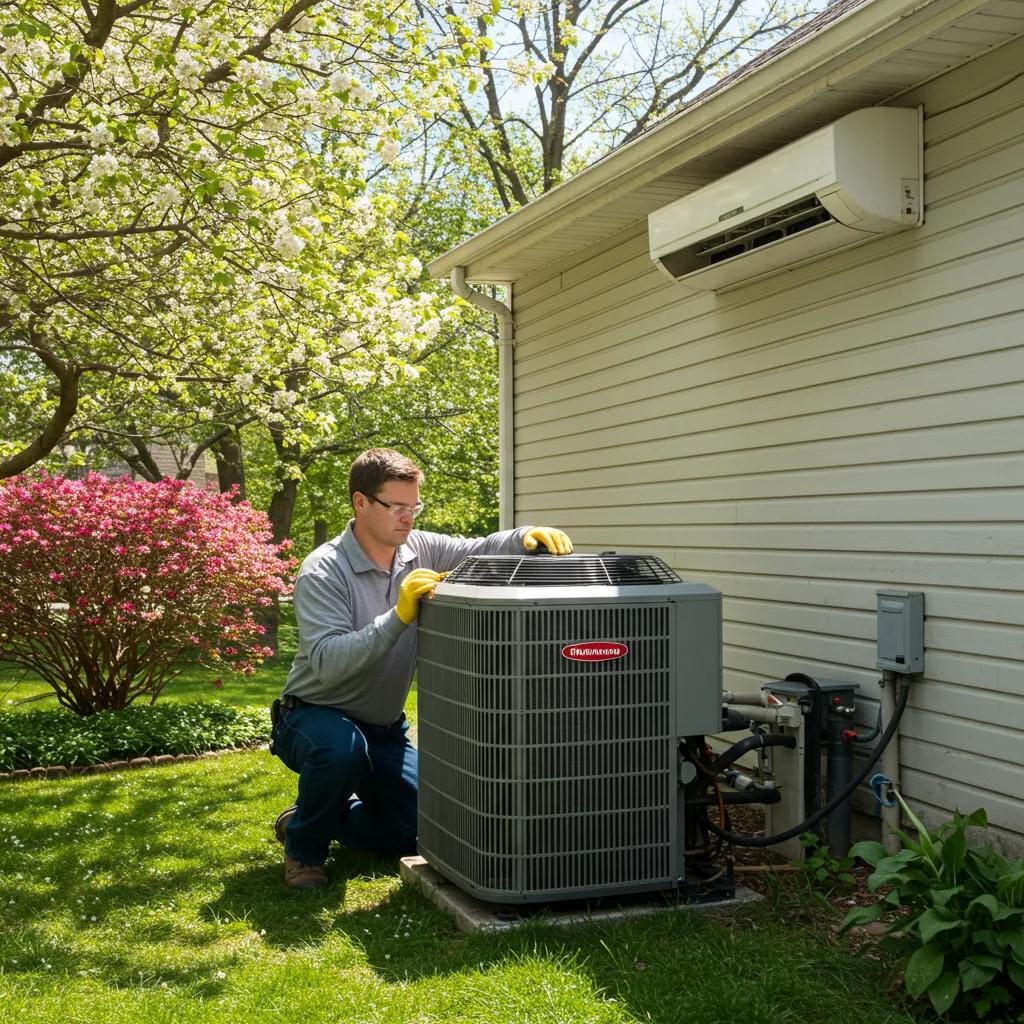
When it comes to HVAC installation timing, choosing the right season can make a big difference in cost, convenience, and performance. Replacing or upgrading your system during milder weather not only gives you more scheduling flexibility but can also help you avoid peak pricing and ensure your system is ready when you need it most. Here’s how each season stacks up when planning your next HVAC upgrade in Atlanta.
Why Spring Is Prime Time for HVAC Installation
Spring is often considered the ideal season for HVAC installation. The mild temperatures reduce stress on new equipment during setup, helping ensure a smoother and more efficient startup. Because spring is generally a slower season for HVAC companies, you’ll also have more flexibility when scheduling appointments, and installation times are usually faster.
Another advantage of a spring installation is being prepared before Atlanta’s hot, humid summer arrives. Your air conditioning system will be fully operational by the time temperatures rise, and you’ll avoid the rush of last-minute service calls. Spring is also a good opportunity to replace air filters and address any lingering indoor air quality concerns before the cooling season begins.
The Pros and Cons of Summer HVAC Replacements
Replacing an HVAC system in summer is possible, but it’s rarely the most cost-effective choice. Demand peaks as temperatures climb, which means technicians’ schedules fill up quickly. That can result in longer wait times and fewer appointment options. Emergency breakdowns are also more common, so planned replacements might be delayed by urgent repair calls.
High demand during summer can also lead to higher labor costs and increased equipment prices. Additionally, working in extreme heat can be more challenging for installation crews, which may extend project timelines. If summer is your only option, planning ahead and booking well in advance can help minimize delays and cost overruns.
Fall’s Advantages for Furnace and Heat Pump Upgrades
Fall is another excellent season for HVAC installation timing, especially for heating systems. The weather is typically mild, which allows for easier installation and testing of new furnaces or heat pumps before winter sets in. Technicians usually have more availability compared to the busy summer season, so scheduling is simpler and often more flexible.
Fall is also when many manufacturers offer incentives or promotional pricing on new equipment, which can reduce the overall cost of an upgrade. By installing a new heating system in the fall, you’ll have time to test and fine-tune performance before the first cold snap, ensuring your home stays warm when temperatures drop.
Why Winter Can Still Be a Smart Time for HVAC Upgrades
While winter may not seem like an ideal time for HVAC work, it does come with its own advantages. Because demand tends to dip after the initial rush of heating service calls, some companies offer reduced labor rates or manufacturer discounts on new systems. This can make winter one of the more budget-friendly times to upgrade.
If you’re considering a furnace replacement, heat pump installation, or ductless system, scheduling during the winter months can also lead to quicker turnaround times since technician availability is often higher. Just keep in mind that extreme weather events can sometimes delay projects, so flexibility in scheduling is important.
Choosing the Right Time for Your Upgrade
The best HVAC installation timing depends on your priorities. Spring and fall typically offer the best balance of mild weather, flexible scheduling, and potential savings. Summer installations, while possible, can be more expensive and harder to schedule, while winter offers cost advantages if you plan ahead. By aligning your upgrade with the right season, you’ll ensure a smoother installation process, reduce your energy costs, and keep your home comfortable year-round.
How Atlanta’s Seasons Impact Your HVAC Installation Costs and Performance
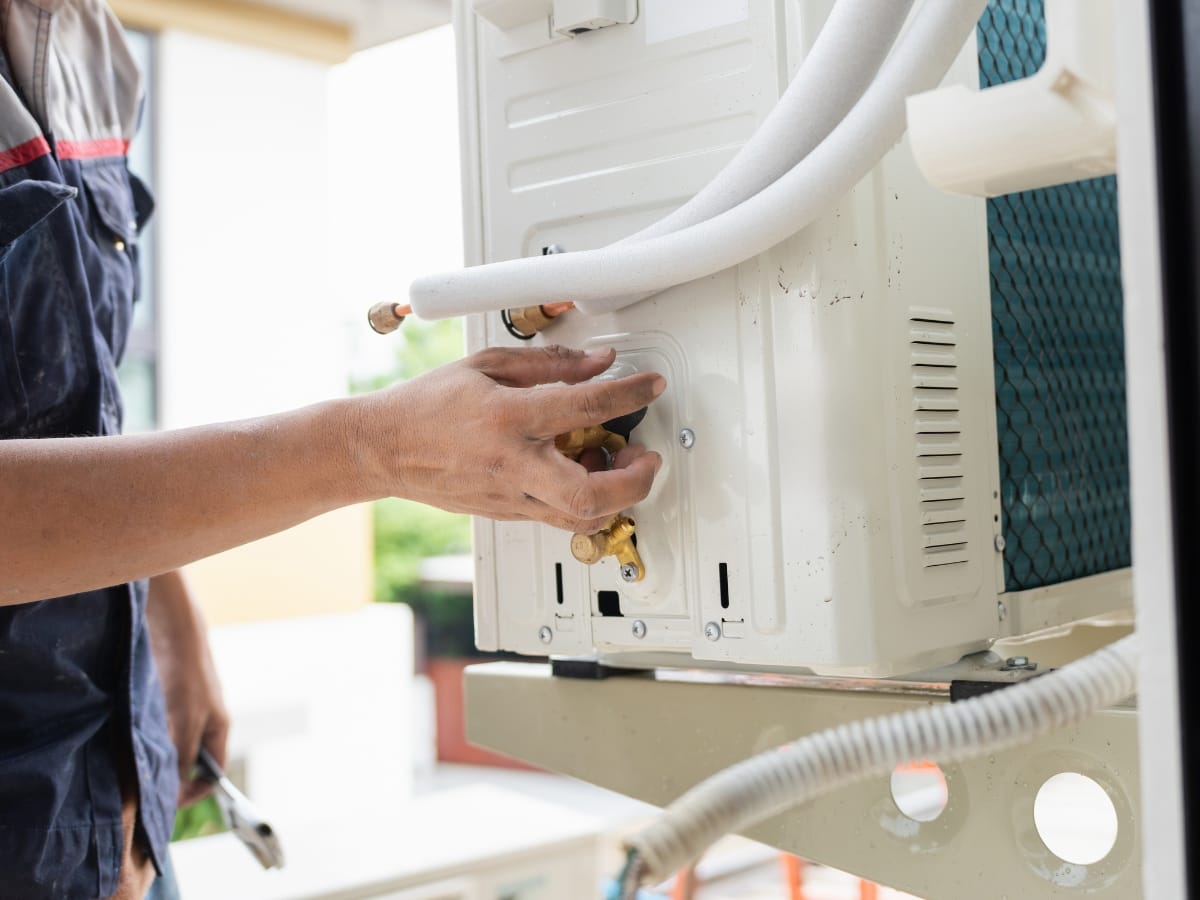
When planning a new HVAC system, timing matters more than many homeowners realize. The season you choose for installation can influence everything from the cost of equipment and labor to how well the system performs once it’s running. By understanding how Atlanta’s climate shifts throughout the year and how demand fluctuates for HVAC services, you can make smarter decisions that save money and improve long-term performance.
What Kind of Savings Can You Expect with Off-Season HVAC Installs?
One of the best strategies for reducing the cost of a new system is scheduling your HVAC installation during the off-season. Spring and winter are generally the slowest times of year for HVAC companies, which often means more competitive pricing and better availability. Systems installed during these months can cost 5 to 15 percent less than those installed during peak summer or winter demand periods.
Scheduling during the off-season also helps you avoid premium charges that sometimes come with emergency installations during extreme weather. When technicians are less busy, projects can usually be completed more quickly and with greater scheduling flexibility. Manufacturers also tend to offer rebates or promotional pricing on new equipment during slower months, which can further reduce the total cost of your investment. Taking advantage of these seasonal trends can make a big difference in the overall affordability of your system.
How Does Atlanta’s Climate Affect Your HVAC System Season by Season?
Atlanta’s climate presents unique challenges for heating and cooling systems, and understanding these seasonal variations can help you plan installation timing more effectively. In the spring, high pollen counts can clog filters quickly, which may impact indoor air quality and system efficiency if not addressed. A new system installed before peak pollen season can help manage these issues more effectively from the start.
Summer brings heavy humidity and high temperatures, putting significant strain on air conditioning systems. This means your system will work harder to remove moisture from the air, and energy efficiency can dip if the unit isn’t properly sized or installed. Installing a new system before summer arrives ensures it’s optimized to handle the heat and humidity without unnecessary energy waste.
Fall is typically mild in Atlanta, allowing HVAC systems to operate more efficiently with fewer temperature extremes. This season is also ideal for testing new equipment and fine-tuning thermostat settings before winter arrives. Winter, although generally mild compared to northern climates, can still bring occasional freezing temperatures. During these cold snaps, heating systems work harder, and older units may struggle to maintain consistent warmth. Replacing a system before winter ensures reliable performance when temperatures drop.
Why HVAC Installation Timing Matters
The timing of your HVAC installation affects not just how much you pay upfront but also how well your system performs throughout the year. Scheduling during the off-season can lower costs and give you access to more flexible installation times. It also ensures your new unit is in place and running efficiently before extreme weather hits. Considering Atlanta’s seasonal climate patterns can help you plan strategically, giving you better comfort, improved efficiency, and potentially lower utility bills year-round. By aligning your installation with the right season, you set your system up for long-term performance and savings.
When Should Atlanta Homeowners Seriously Consider an HVAC Upgrade?
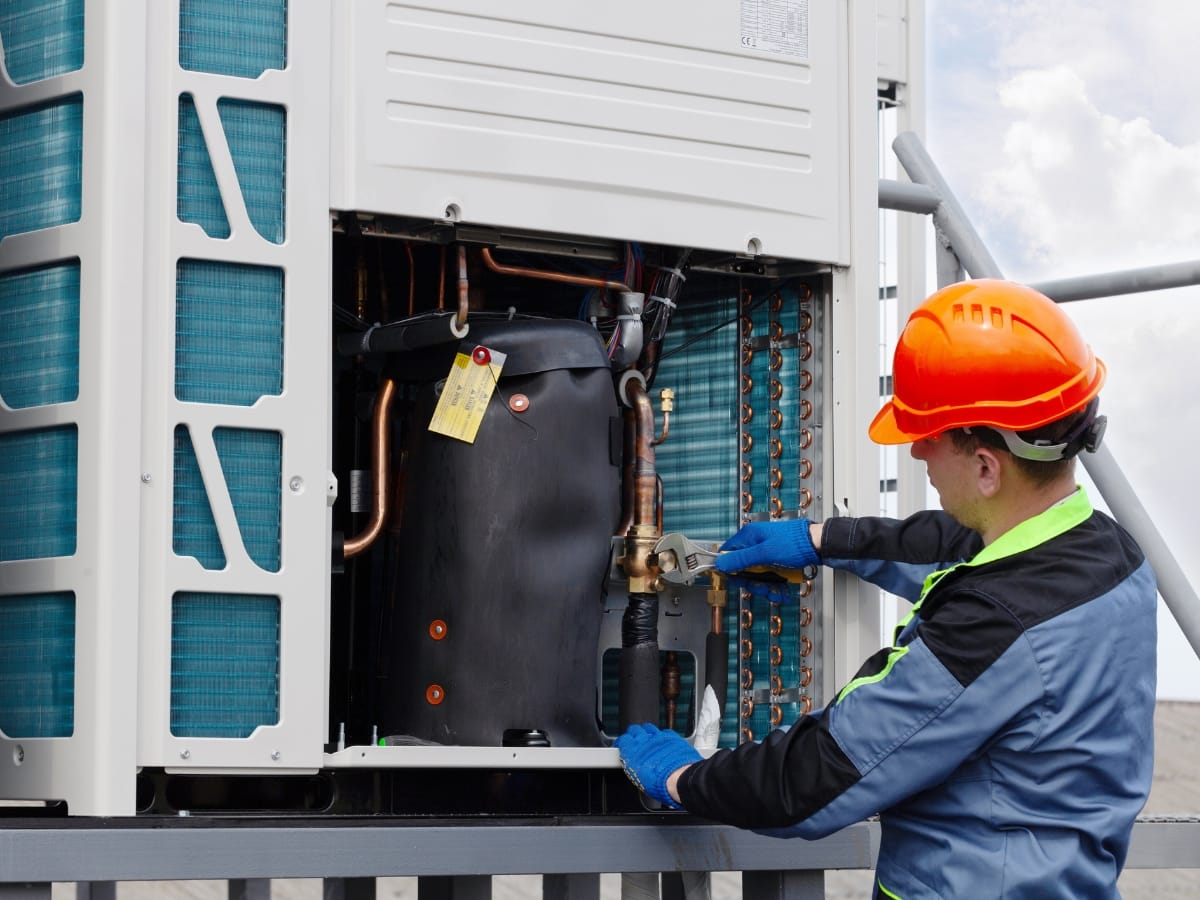
Timing plays a big role in how much value you get out of your heating and cooling system. Replacing your HVAC system too early can feel unnecessary, but waiting too long can lead to mounting repair costs, poor performance, and skyrocketing energy bills. Understanding the key signs that it’s time for an upgrade can help you plan ahead and make a smarter investment.
What Are the Tell-Tale Signs Your Atlanta HVAC Needs Replacing?
One of the most reliable indicators that it’s time to consider a new system is age. Most HVAC units are designed to last around 12 to 15 years with proper maintenance. Once your system approaches or surpasses that range, efficiency typically starts to decline. You may notice that it runs longer to reach the same temperature or struggles to maintain consistent comfort throughout your home.
Frequent repairs are another red flag. If you’re calling a technician multiple times a year, those costs can quickly add up. A good rule of thumb is that if a single repair costs more than half the price of a new system, replacement is likely the more cost-effective option. Rising energy bills are also a sign that your unit is working harder than it should, often due to worn components or outdated technology. Even if your system is still functioning, declining performance and increased operating costs indicate it’s time to start exploring new options.
How Do Repair Costs Stack Up Against Replacement Benefits?
While repairing an HVAC system might seem like the cheaper choice upfront, it’s important to consider the long-term financial picture. A major repair can cost anywhere from $500 to $1,500, but it often only restores the unit to a basic level of functionality without improving efficiency. If your system is older, you may find yourself facing another repair in just a few months, further driving up costs.
On the other hand, replacing your HVAC system is a larger investment upfront, often ranging between $4,000 and $12,000 depending on the size of your home and the type of system you choose. However, new units are significantly more energy-efficient, which can cut your heating and cooling costs by 20 to 40 percent. These savings add up over time and can help offset the cost of installation. Additionally, a new system is less likely to break down, reducing the stress and expense of emergency repairs.
Upgrading also provides an opportunity to modernize your home’s comfort. Newer systems offer improved temperature control, quieter operation, and compatibility with smart thermostats that further boost efficiency. In some cases, homeowners choose to install ductless mini-split systems, which can provide zoned comfort and reduce energy use even further.
Long-Term Financial Benefits of Upgrading to Energy-Efficient HVAC Systems
Investing in a new HVAC system isn’t just about avoiding breakdowns; it’s about setting your home up for long-term savings and comfort. With improved energy efficiency, your monthly utility bills will be lower, and your system will run more reliably throughout Atlanta’s hot summers and cool winters. Planning your HVAC installation timing strategically, before your system fails completely, also gives you more control over the process and often results in better pricing. By recognizing the warning signs early and weighing repair costs against replacement benefits, you can make an informed decision that enhances comfort, lowers costs, and adds value to your home.
Unlock Savings: Local Incentives and Financing for Your Atlanta HVAC Upgrade

Upgrading your heating and cooling system is a major investment, but with the right approach and timing, it can be much more affordable than you might think. Homeowners in Atlanta can take advantage of local incentives, federal tax credits, and flexible financing options to reduce upfront costs and make their HVAC installation timing work in their favor. By planning strategically, you can upgrade to a more efficient system without putting unnecessary strain on your budget.
Georgia Power Rebates and Tax Credits: What’s Available and When?
Choosing an energy-efficient HVAC system can qualify you for valuable rebates and tax incentives. Georgia Power offers rebates for high-efficiency heat pumps and air conditioning systems, which can significantly reduce installation costs. These rebates often vary by season, with higher incentives available during slower installation periods such as spring and fall. This makes off-peak seasons an ideal time to schedule your HVAC replacement, as you can pair lower installation costs with maximum rebate opportunities.
In addition to local utility rebates, federal tax credits are available for qualifying ENERGY STAR® certified units. Homeowners may be eligible for credits of up to $2,000 on certain high-efficiency systems. These credits can help offset a substantial portion of your total project cost, especially when combined with manufacturer discounts or seasonal promotions. Monitoring these programs and aligning your installation with their availability can make a noticeable difference in how much you save overall.
How Can Financing Smooth the Path for Your HVAC Upgrade?
Even with rebates and tax incentives, replacing your HVAC system is still a significant expense. That’s where financing options come in. Many providers offer flexible payment plans designed to spread out the cost of installation, making it easier to budget for a new system without paying the full amount upfront. Zero-down financing is often available, allowing you to get started immediately while paying over time. Fixed monthly payments spread over several years can also make the investment more manageable and predictable.
Financing can be especially beneficial if your HVAC system fails unexpectedly, or if you want to upgrade to a higher-efficiency unit that may have a larger upfront cost but will deliver long-term energy savings. Quick approval times on many financing plans mean you can secure funding and schedule your installation without delay, ensuring your home remains comfortable year-round.
Strategic Timing Maximizes Both Savings and Performance
Combining incentives with smart HVAC installation timing can significantly lower your total investment. Scheduling your installation during off-peak seasons often comes with lower labor costs and better availability of technicians. When paired with available rebates, federal tax credits, and financing options, this approach can make upgrading to an energy-efficient system much more affordable.
By planning ahead and aligning your installation with rebate windows and promotional periods, you not only save on upfront costs but also set your home up for long-term energy efficiency. A well-timed HVAC upgrade in Atlanta can deliver improved comfort, lower monthly utility bills, and increased property value, all while fitting comfortably within your budget.
Your Smart Plan for Choosing the Perfect HVAC Installation Time in Atlanta
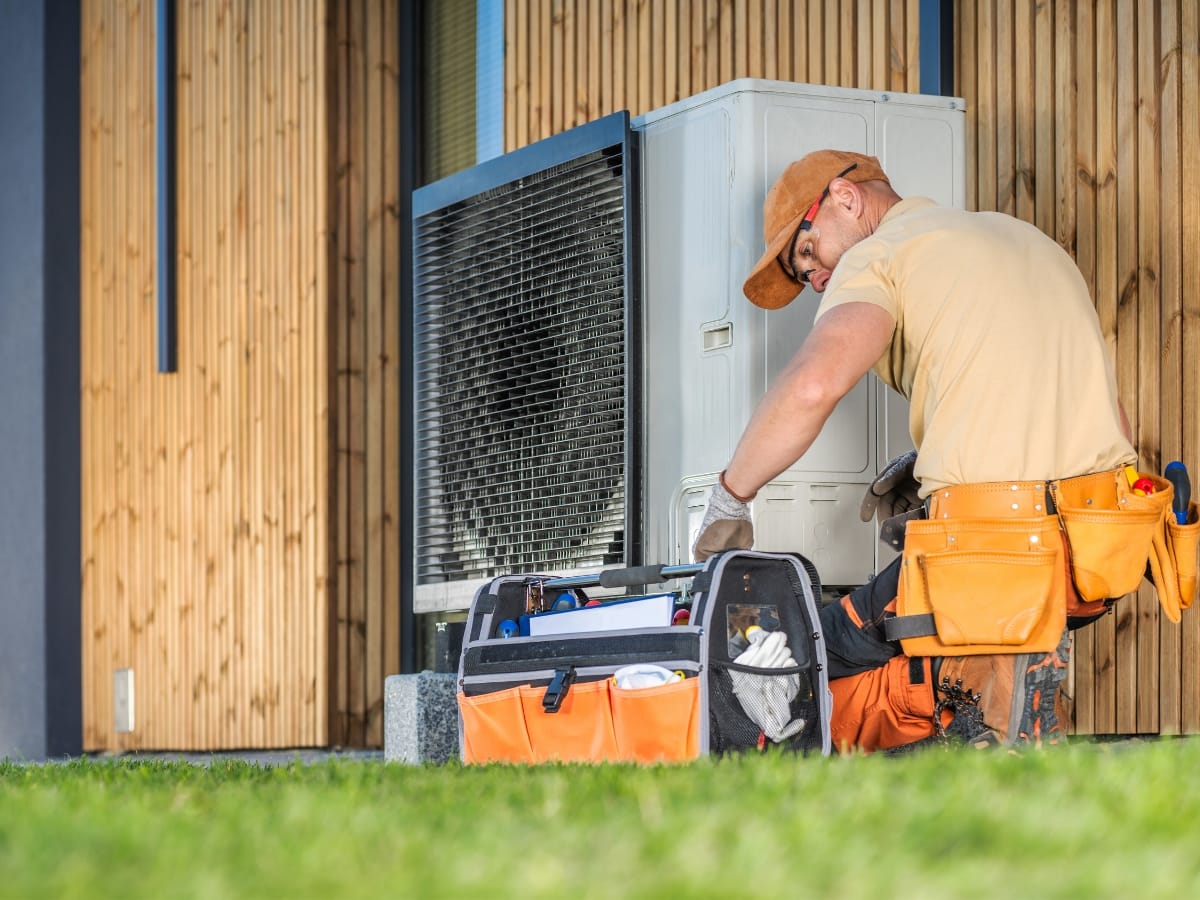
Deciding when to install a new HVAC system is just as important as choosing the right unit itself. The best timing can save you money, improve performance, and make the entire installation process much smoother. In a city like Atlanta, where weather extremes put your system to the test, thoughtful planning can make a big difference in both comfort and cost.
What Factors Should Guide Your HVAC Replacement Decision?
Several key factors influence the ideal timing for your HVAC installation. Start by considering the age and condition of your current system. Most units last about 12 to 15 years, but if yours is struggling to maintain comfortable temperatures or causing frequent repair bills, it may be time to replace it sooner. Energy efficiency ratings also matter. Older systems often have lower SEER or AFUE ratings, meaning they use more energy and cost more to operate.
Your budget is another major consideration. Understanding what financing options are available can help you plan your upgrade without financial strain. Pairing these with seasonal rebates or manufacturer incentives can significantly lower the total cost of your project.
Atlanta’s climate should also factor into your decision. Hot, humid summers and chilly winter nights place heavy demands on your HVAC system. If your current unit struggles during extreme temperatures, replacing it before peak seasons ensures you’re not left without heating or cooling when you need it most. Finally, consider contractor availability. Spring and fall tend to be slower periods for HVAC professionals, which means shorter wait times, more flexible scheduling, and potentially lower labor costs.
How Seasonal Timing Impacts HVAC Performance and Cost
Timing your HVAC installation for the right season can have a big impact on both performance and pricing. Spring and fall are considered the best windows for upgrades because temperatures are mild and demand is lower. This allows technicians to complete installations more efficiently and gives you time to test your new system before extreme weather hits.
Summer and winter, on the other hand, are peak demand periods in Atlanta. Higher workloads often lead to longer wait times, rushed installations, and increased labor costs. If possible, avoid replacing your system during these seasons unless it’s an emergency.
In addition to scheduling advantages, off-season installations often coincide with rebates, tax credits, and manufacturer promotions. Combining these incentives with lower labor rates can significantly reduce the overall cost of your new HVAC system.
How to Plan Ahead for Your HVAC Upgrade
Planning ahead is key to maximizing the benefits of your HVAC installation timing. Start by scheduling an energy audit or system evaluation before peak seasons begin. This will give you a clear picture of your current system’s condition and help you decide if an upgrade is needed. If replacement is on the horizon, research rebate programs and tax credits early so you can align your installation with available savings.
It’s also a good idea to think about your home’s long-term needs. If you’re planning renovations, adding square footage, or switching to more energy-efficient appliances, choosing a system with the right capacity and features now can prevent costly adjustments later.
Conclusion
Choosing the right time to replace your HVAC system in Atlanta can save you money, reduce stress, and ensure optimal performance when you need it most. At inAir Heating & Air, we help you navigate the ideal HVAC installation timing—typically during mild spring or fall months—to maximize efficiency and comfort year-round. Ready to upgrade with confidence? Call (770) 233-7777 or submit an HVAC request online today for expert guidance and a seamless installation experience. Let inAir keep your home comfortable in every season.




